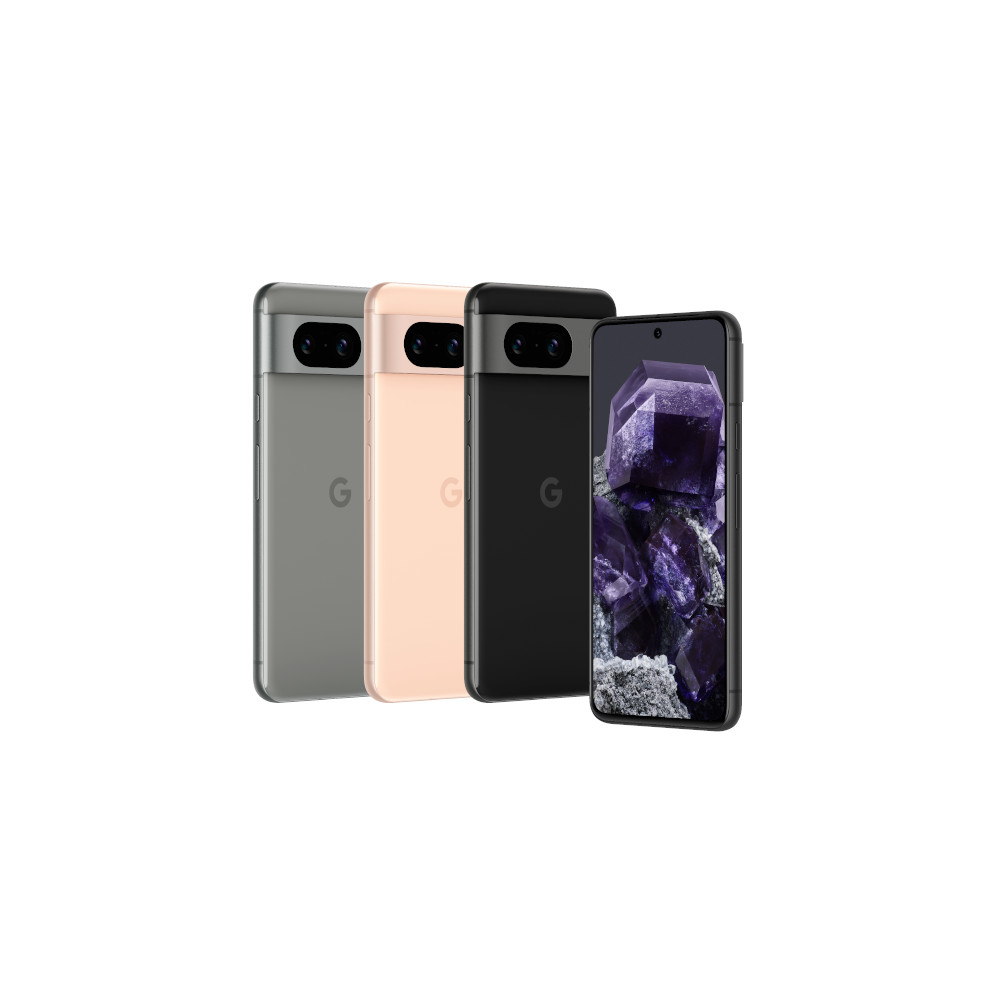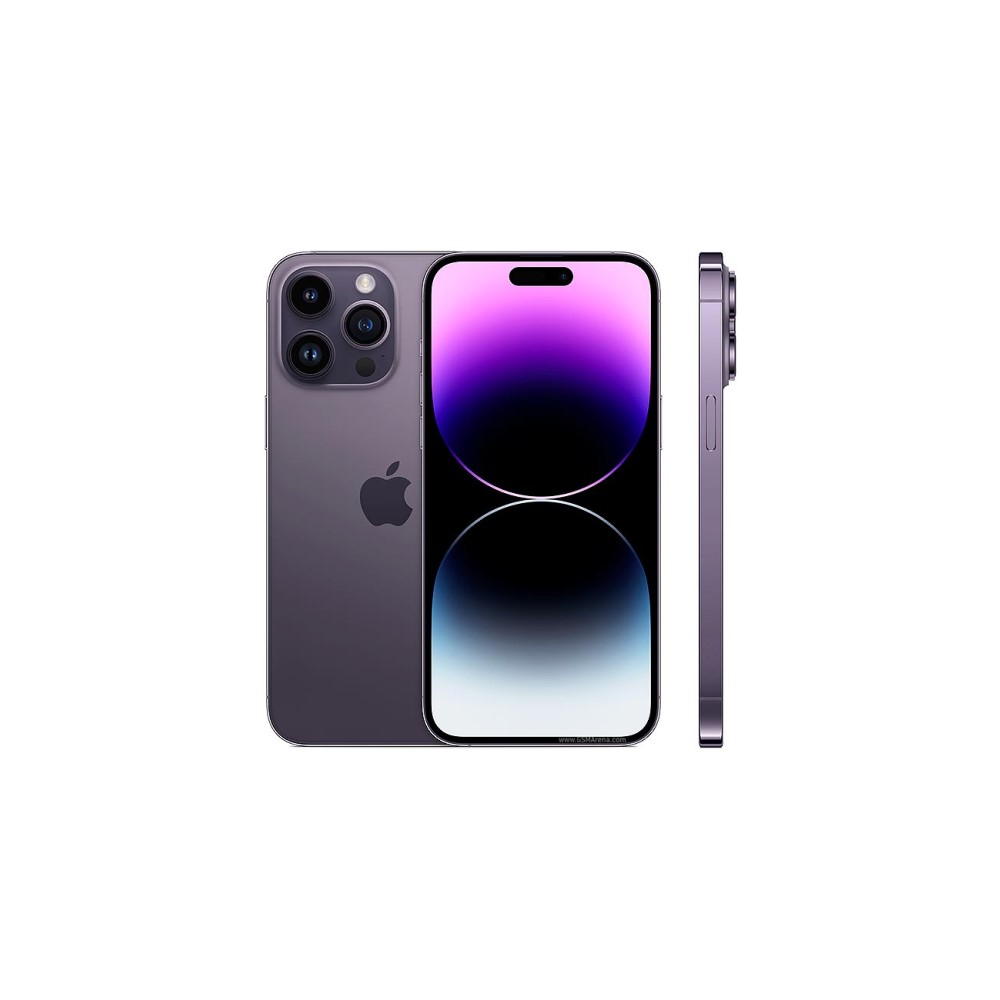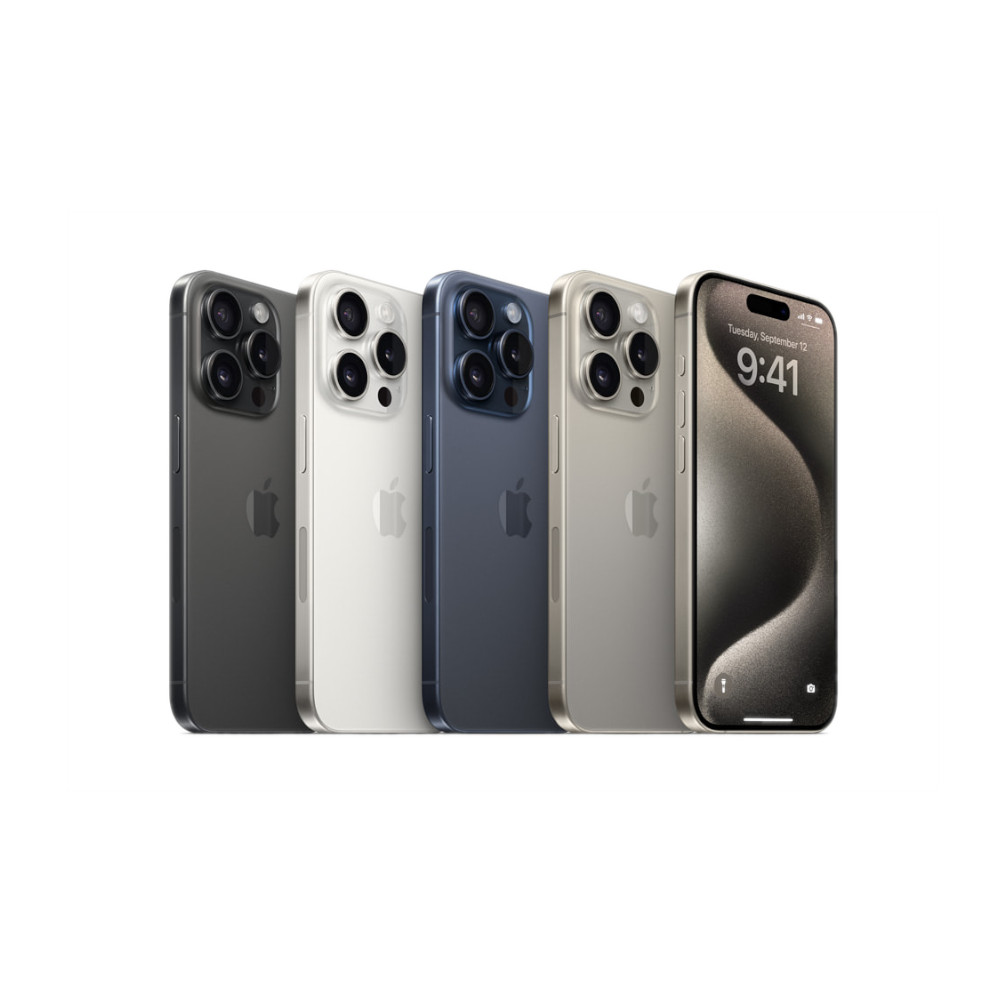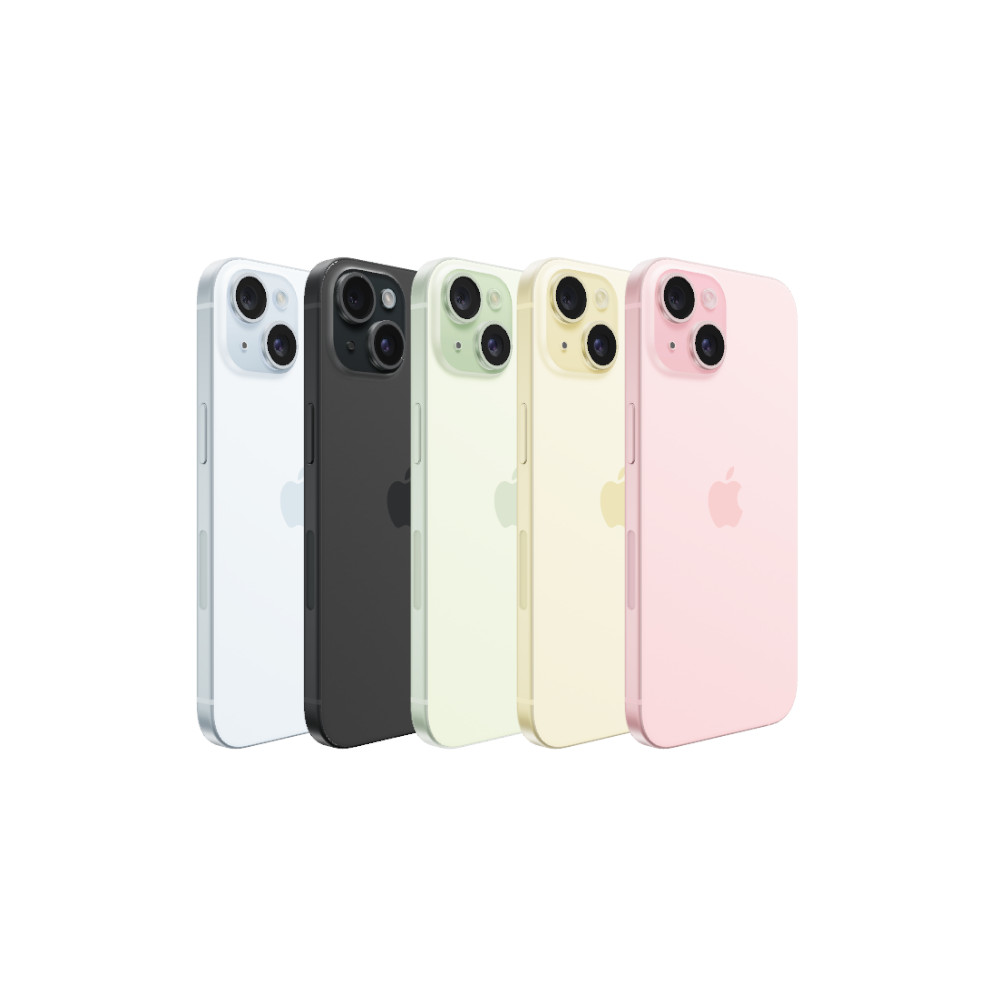Affiliate links on Android Authority may earn us a commission. Learn more.
The best Google Pixel 7 alternatives: 6 phones to consider before you buy
Google launched the Pixel 7 series in October 2022, coming months after the company first teased the devices. The two phones still offer the same attractive price tags as their predecessors, as well as five years of security updates and some smart software features. The phones might not be for everyone, though. Furthermore, many of you might not actually be able to buy them in your market. So, what are your other options? We’ve got you covered with our list of the best Pixel 7 alternatives.
Buying the right Google Pixel 7 alternative
The Google Pixel phones really excel when it comes to camera quality, a clean take on Android, software update commitments, and AI-powered features. But there are some phones that do better in some of these areas, while the Google phones also have a few gaps compared to other handsets.
Samsung’s Galaxy S24 series is now the top contender in this regard, trumping the outgoing Galaxy S23 line. It might not have a clean take on Android, but you’re still getting impressive cameras, a far superior commitment to updates, and some handy AI-powered software features. And these phones are available in more markets, to boot. It’s also worth considering the Pixel 7a if you want a cheaper Pixel experience, particularly if the phone is on special.
For a more detailed rundown of our recommendations, see our summary below.
The best Google Pixel 7 alternatives
- Samsung Galaxy S24 series: Samsung’s latest flagships offer superior chipsets, great 120Hz OLED screens, and versatile cameras across the board. The One UI Android skin also remains one of the most feature-packed skins around, offering features that Google still hasn’t brought to Pixels.
- Google Pixel 8 series: The Pixel 7 series’ successors bring brighter screens, faster chipsets, upgraded cameras, and the longest update commitment of any Android phone on the market for a slightly higher price.
- Apple iPhone 15 series: The first iPhones to pack a USB-C port, you’ll find minor nips and tucks across the board, a new Action Button on the Pro line, and a new color option.
- Google Pixel 7a: Don’t want to spend a lot of money but still want a Pixel? Then the Pixel 7a is worth a look. Google took the Pixel 7 concept and made some minor cutbacks in the name of a lower price tag. But you’ve still got a capable processor and that Pixel software.
- Sony Xperia 1 V: Sony’s 2023 flagship is an impressive manual photography phone, but also packs a headphone jack, bypass charging, and a microSD card slot.
- OnePlus 10T: The OnePlus 10T doesn’t give you the same camera quality, slick software, or AI-powered features as the Pixel 7, but those who want loads of power for gaming and lightning-fast charging speeds should still consider it.
Samsung Galaxy S24 series: The best all-round Pixel 7 series alternative
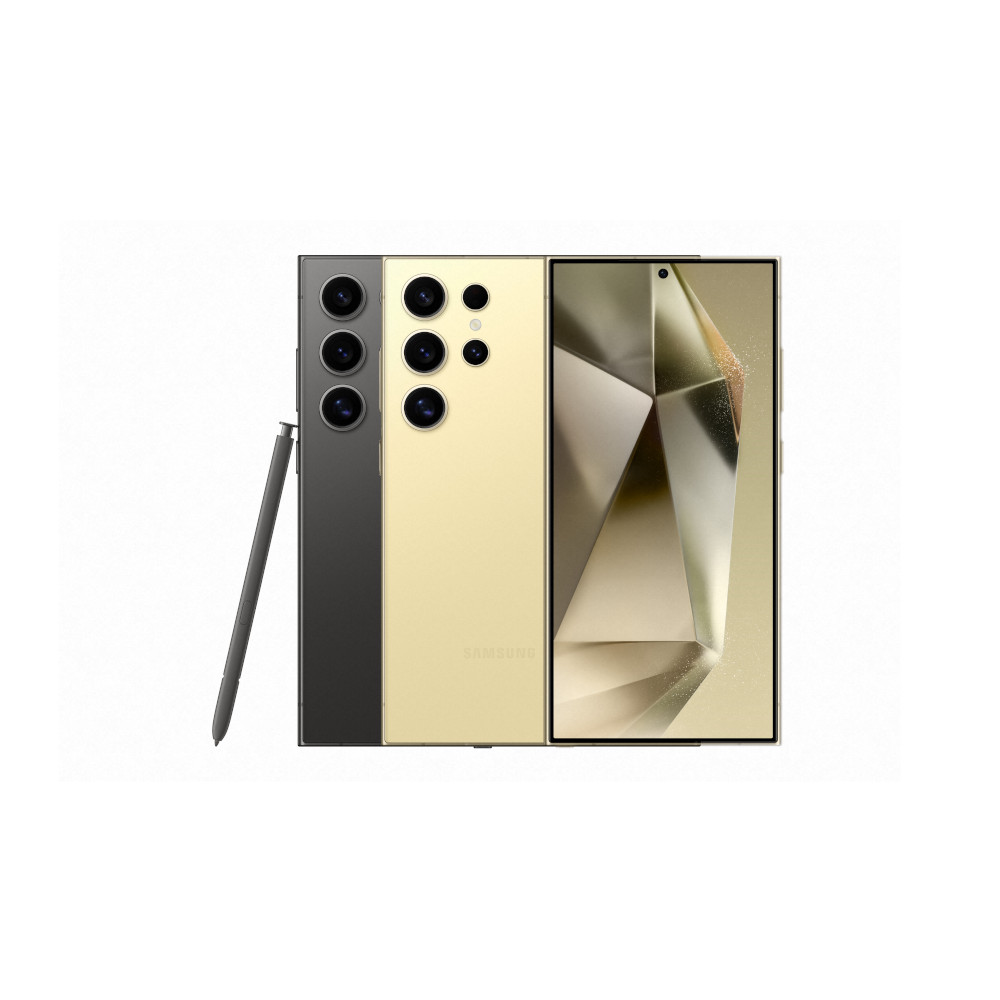
Excellent update commitment
Brilliant flat display
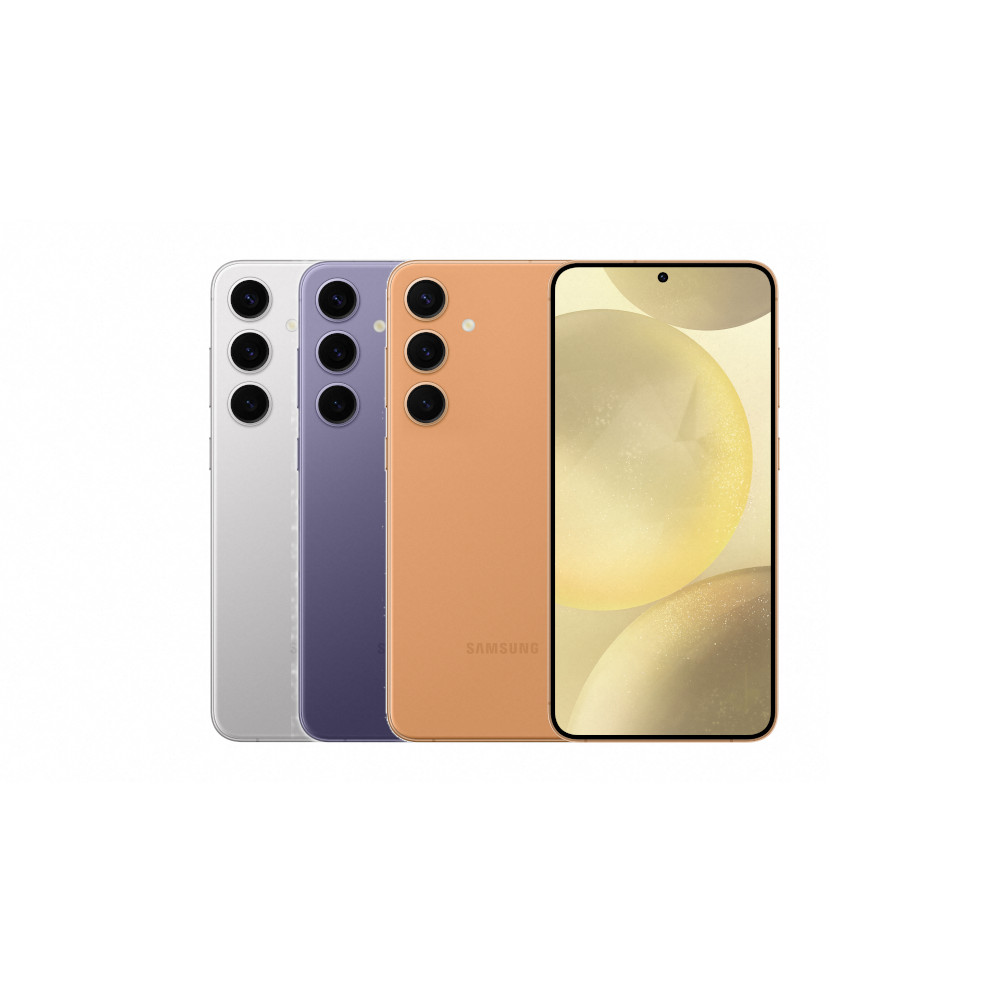
Excellent update commitment
Handy Galaxy AI features
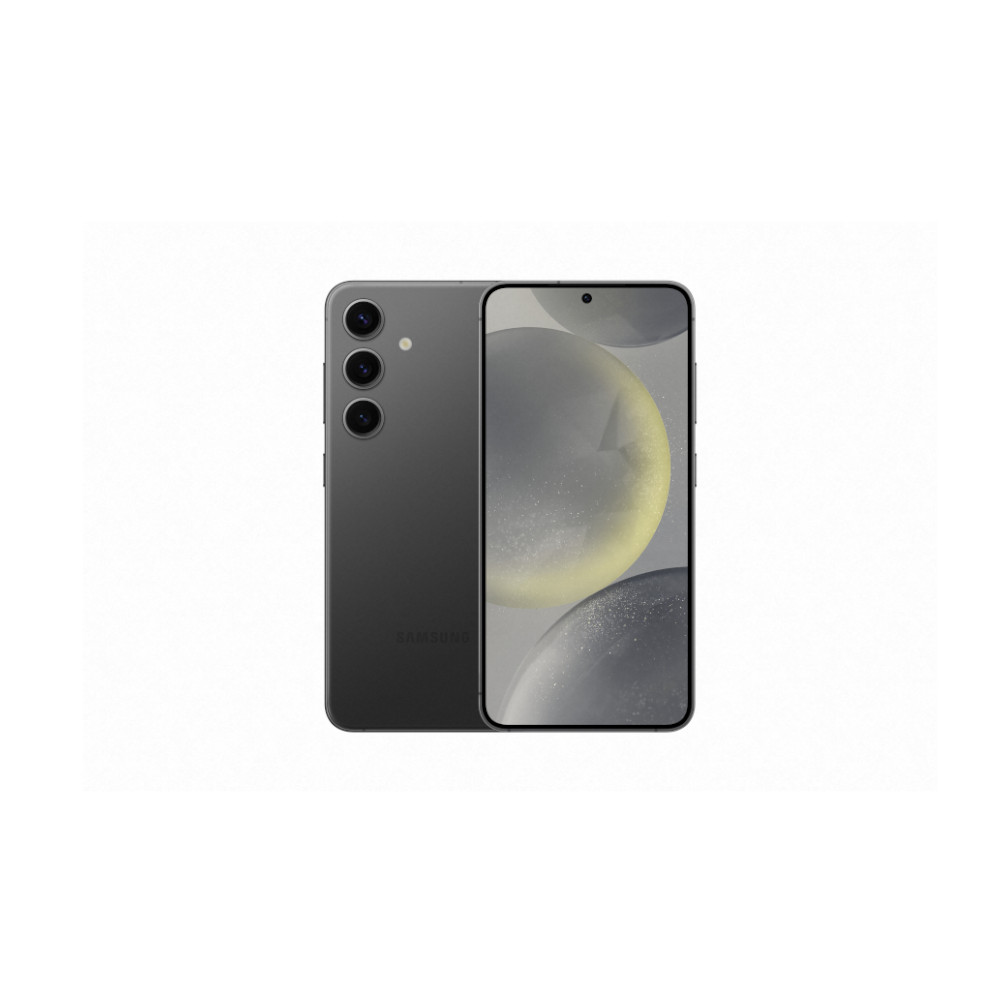
Neat AI features
Robust battery life
The best Android phone series is the best Google Pixel 7 series alternative. The Samsung Galaxy S24 lineup builds on the solid foundation of its predecessors, offering minimal hardware upgrades but heaps of software goodness. The new flagship trio offers US customers Snapdragon 8 Gen 3 for Galaxy SoCs, larger displays on the Plus and base models, and larger batteries for those two.
But the big news for these phones is the renewed focus on software and software support. Samsung’s Galaxy AI push brings Circle to Search smarts, a new Summarize feature that’ll buff your noting experience, and new camera trickery to enhance your shots. More importantly, the Galaxy S24 series now matches Google’s Pixel 8 update promise with seven years of upgrades scheduled.
The Galaxy S24 and Galaxy S24 Plus keep their predecessor’s pricing, which keeps them in reach for most users. However, the Ultra model is now $100 pricier than the Galaxy S23 Ultra, pushing it well beyond the Pixel 7 series’ reach.
If that’s an issue, the Galaxy S23 ($799 at Amazon) now makes for a cheaper but worthwhile alternative.
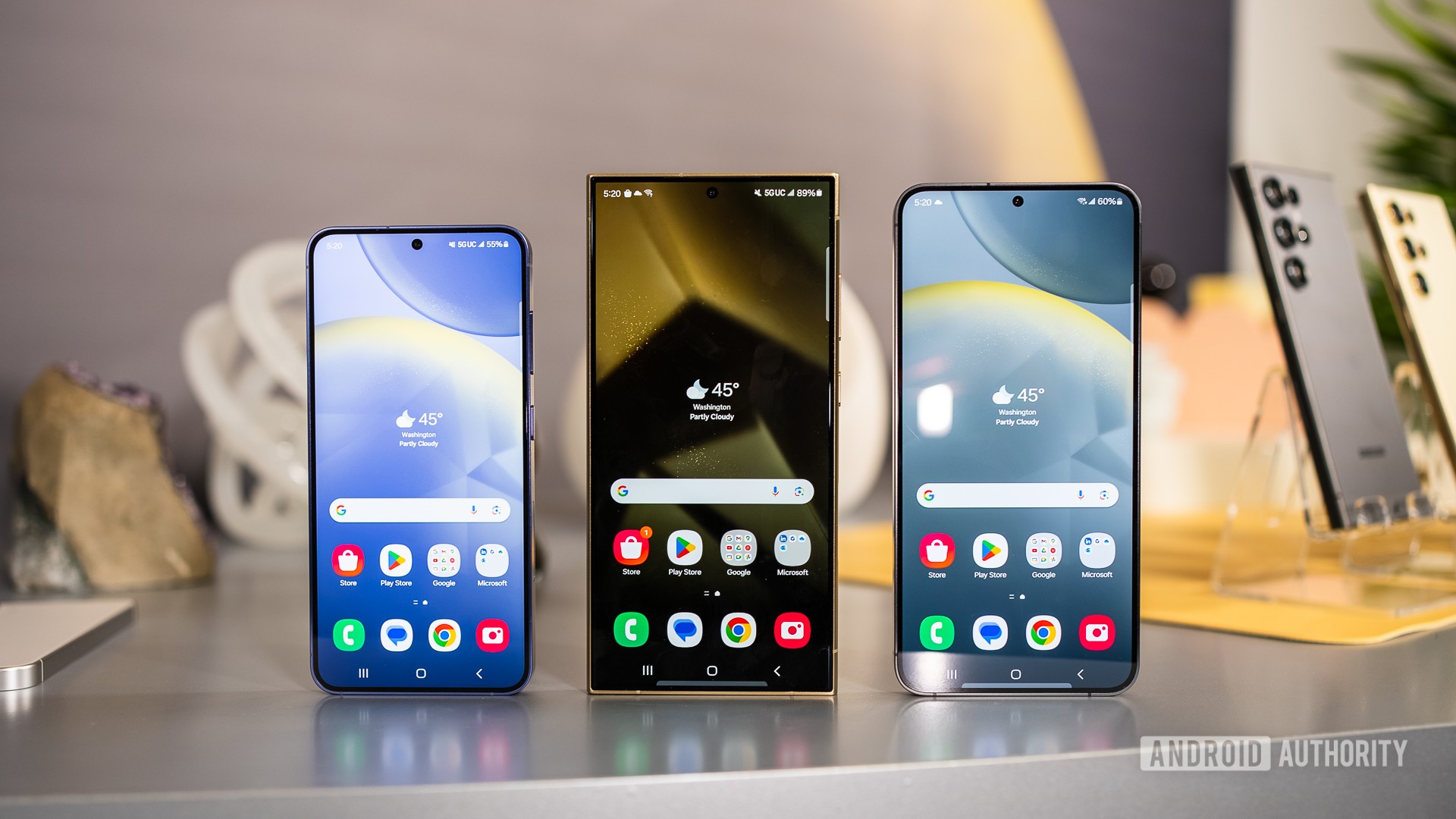
Pros
- Powerful, flexible camera setup
- Great battery life with solid charging
- Convenient S Pen on the Ultra
- Joint-best software update promise
- New AI features
- Great performance
Cons
- Ultra is $100 pricier this time around
- Limited base RAM on the S24
- Not all models gain Snapdragon chipsets
- Minimal upgrades over the S23 series
Google Pixel 8 series: The best Pixel 7 alternative if you want a newer Pixel
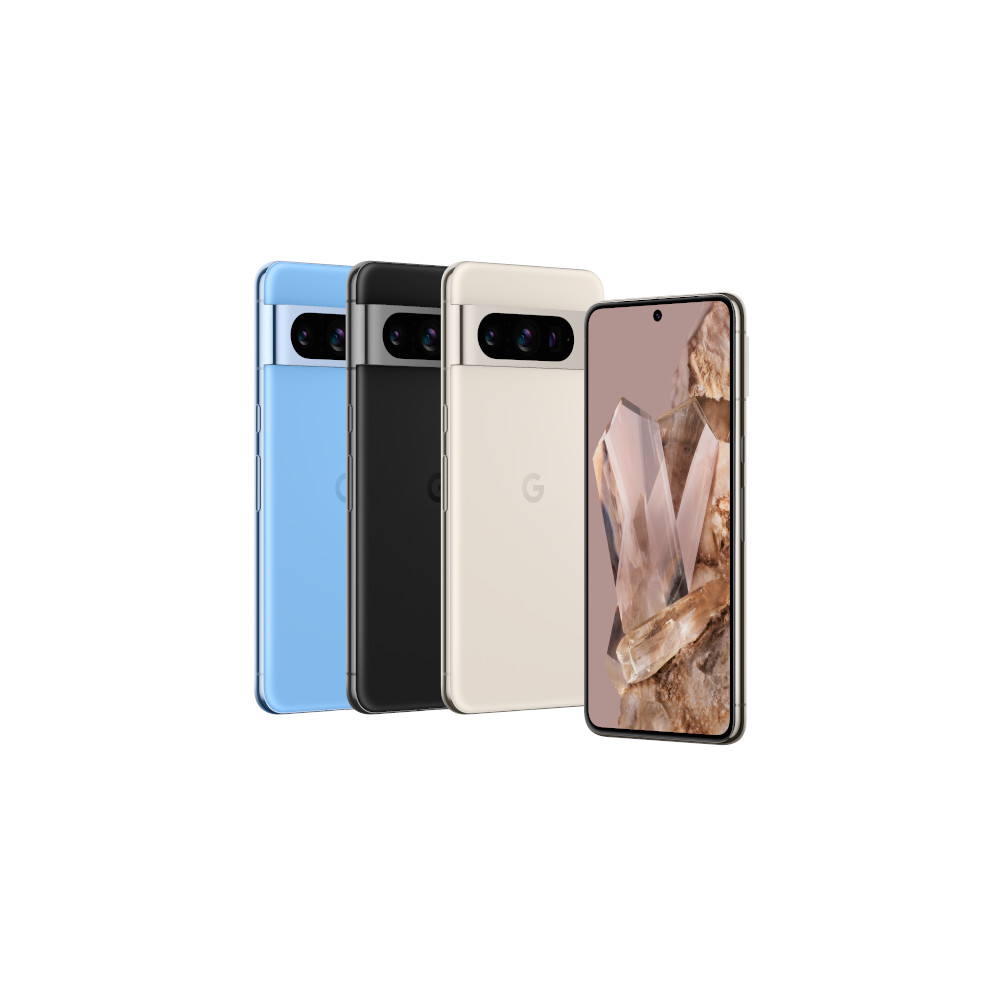
Fun, exclusive Android 14 customizations
Industry-leading update promise
The lineup usurping the Pixel 7 series at the top of Google’s hierarchy seemingly exists in the same bodies. But look a little closer and you’ll see subtle refinements to the phones’ design, hardware, and software promises.
As the direct upgrade to the Pixel 7 series, the Pixel 8 Pro and Pixel 8 receive new Tensor G3 chipsets, upgraded cameras, and brighter displays than the Pixel 7 series. You’re also getting a new object thermometer on the Pixel 8 Pro, while matte Gorilla Glass Victus 2 finishes complete the look.
For those who hang onto their devices for more than a year can rejoice in Google’s new seven-year OS upgrade and software patch commitments, which would keep the Pixel 8 series relevant up until 2030.
These seemingly minor upgrades make for a more complete pair of phones, but those nips and tucks cost users a little more this time around. If you long for a longer-lasting, more refined smartphone with great cameras, the Pixel 8 series is a worthy contender.
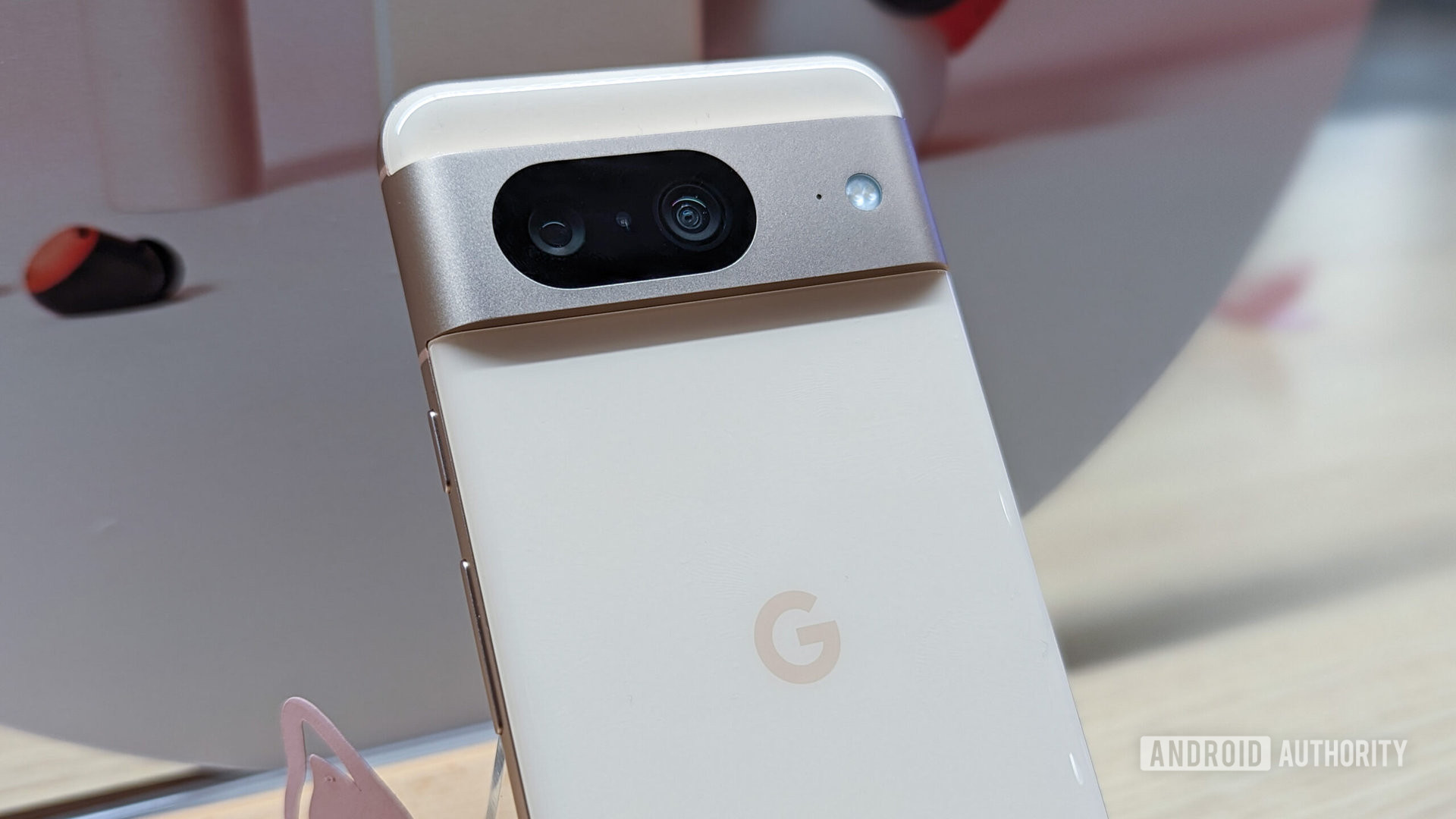
Pros
- Refined design with matte rear finish
- Upgraded cameras all around
- Brighter displays than their predecessors
- Seven years of software support from Google
Cons
- Slightly pricier than the Pixel 7 series
- No major charging speed bump
Apple iPhone 15 series: The best Pixel 7 alternative from Apple

Top-tier build quality
USB-C port, finally!
Apple’s smartphone quadruplets once again see minor upgrades over their predecessors. You’ll notice a similar design with the same screen sizes (6.1 and 6.7 inches), the Dynamic Island now features across the board, and additional colorways now feature.
Look a little deeper, and you’ll find some significant things to note on the iPhone 15 series. This is the first iPhone series with USB-C ports, which can be used to reverse charge supported devices. You also get upgraded chipsets — the A16 Bionic in the iPhone 15 and Plus, and the pacey A17 Pro in the iPhone 15 Pro and Pro Plus. Regarding camera capabilities, the 15 Pro series now packs 5x zoom capabilities, using the 12MP telephoto shooter better. The iPhone 15 Pro models also receive a programmable Action button inspired by the Apple Watch Ultra.
Notably, Apple’s phones are markedly more expensive than the Pixel 7 series, especially since the latter is a little older and now has a newer sibling in the family.
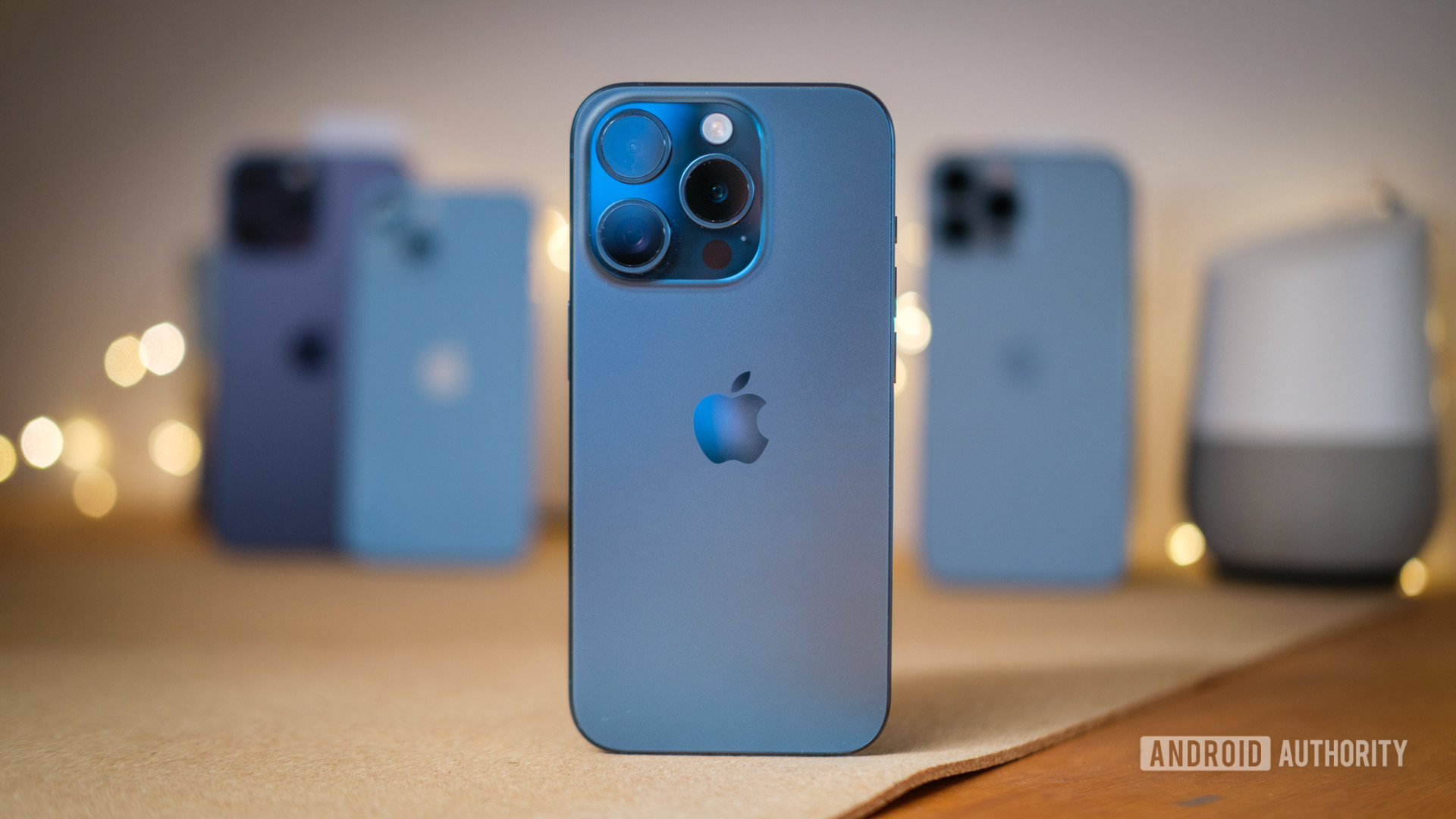
Pros
- Slick design with Dynamic Island
- Full access to Apple’s ecosystem
- Fast performance
- USB-C port now standard
- Nifty Action Button on Pro models
- Great cameras with top-class video quality
Cons
- iOS isn’t as customizable as Android
- Battery life varies wildly by model
- Proprietary Lightning port
Google Pixel 7a: The best Pixel 7 alternative on a budget
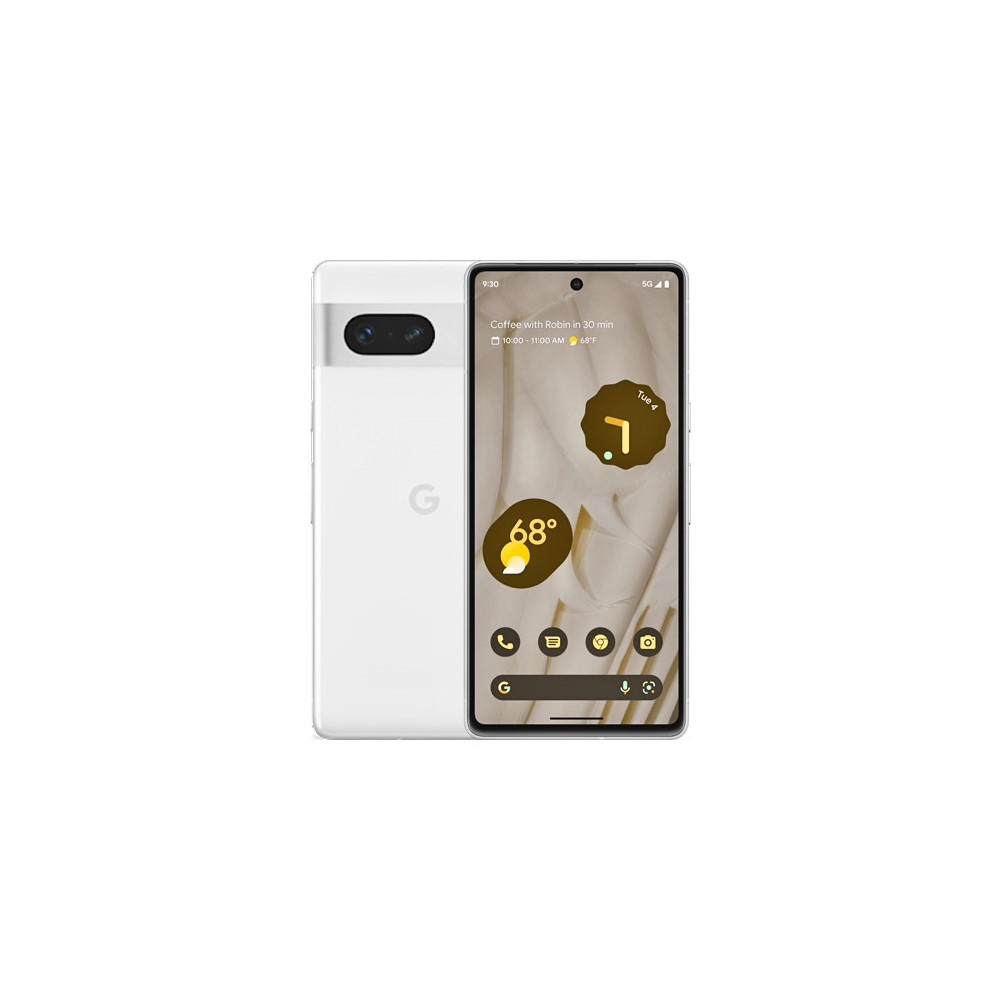
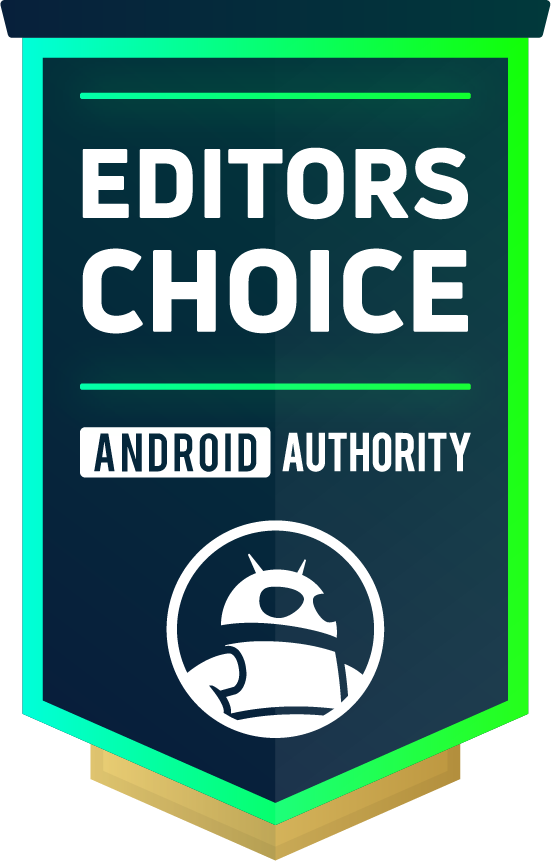
If you want something a bit cheaper, the Pixel 7a is a fantastic choice. In fact, if it’s what’s on the inside that counts, the Pixel 7a is every bit as capable as its more expensive cousin. It has the same Tensor G2 processor, which enables all sorts of machine learning smarts and great image post-processing.
This year’s model also improves on the Pixel 6a’s camera, with a new 64MP main shooter providing better detail in our Pixel 7a review. The UI is identical to other Pixels, with a near-stock experience that’s easy to like. It also packs a bright 90Hz screen, although it defaults to 60Hz in settings.
It’s not all good, though, as the Pixel 7a is limited to a paltry 18W wired charging, which can take upwards of two hours to charge. The Gorilla Glass 3 on the front is a bit dated, as well, and the plastic build on the back doesn’t look or feel as premium as the mainline Pixel 7 phones. Still, at $500, it’s $100 cheaper than the cheapest Pixel 7. If you want to save even more, grab last year’s Pixel 6a for $350.

Pros
- Capable Tensor G2 processor
- Long-term commitment to updates
- IP67 rating
- Clean take on Android
- Pixel-exclusive software features
Cons
- Weak battery life
- Slow wired charging
- Lower default screen refresh rate
Sony Xperia 1 V: The best Pixel 7 alternative for photographers

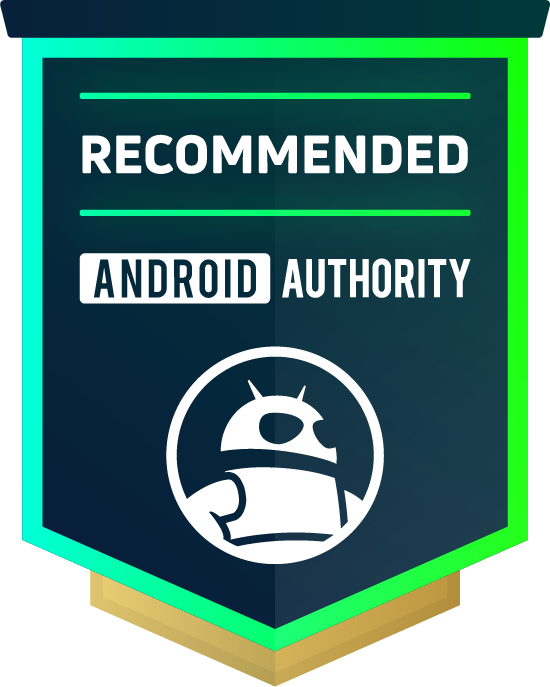
Sony’s flagship really throws in the kitchen sink and more. It’s a photographer’s dream, with a 52MP+12MP+12MP main, ultrawide, and telephoto camera combo, and also packs a dedicated shutter button. There’s something you don’t see on many phones in 2023. You can also pore over those results on its 4K 120Hz display powered by a Snapdragon 8 Gen 2.
Notably, the Xperia 1 V owns a 3.5mm headphone jack; audiophiles may also be drawn to this device. Bypass charging gives it another leg up on the Pixel 7 series, ideal for fervent gamers looking to prolong their device’s battery.
Of course, these features come with a price, and the Xperia 1 V is among the more expensive Android flagships. We also found its camera loadout better for experienced users but challenging for beginners.
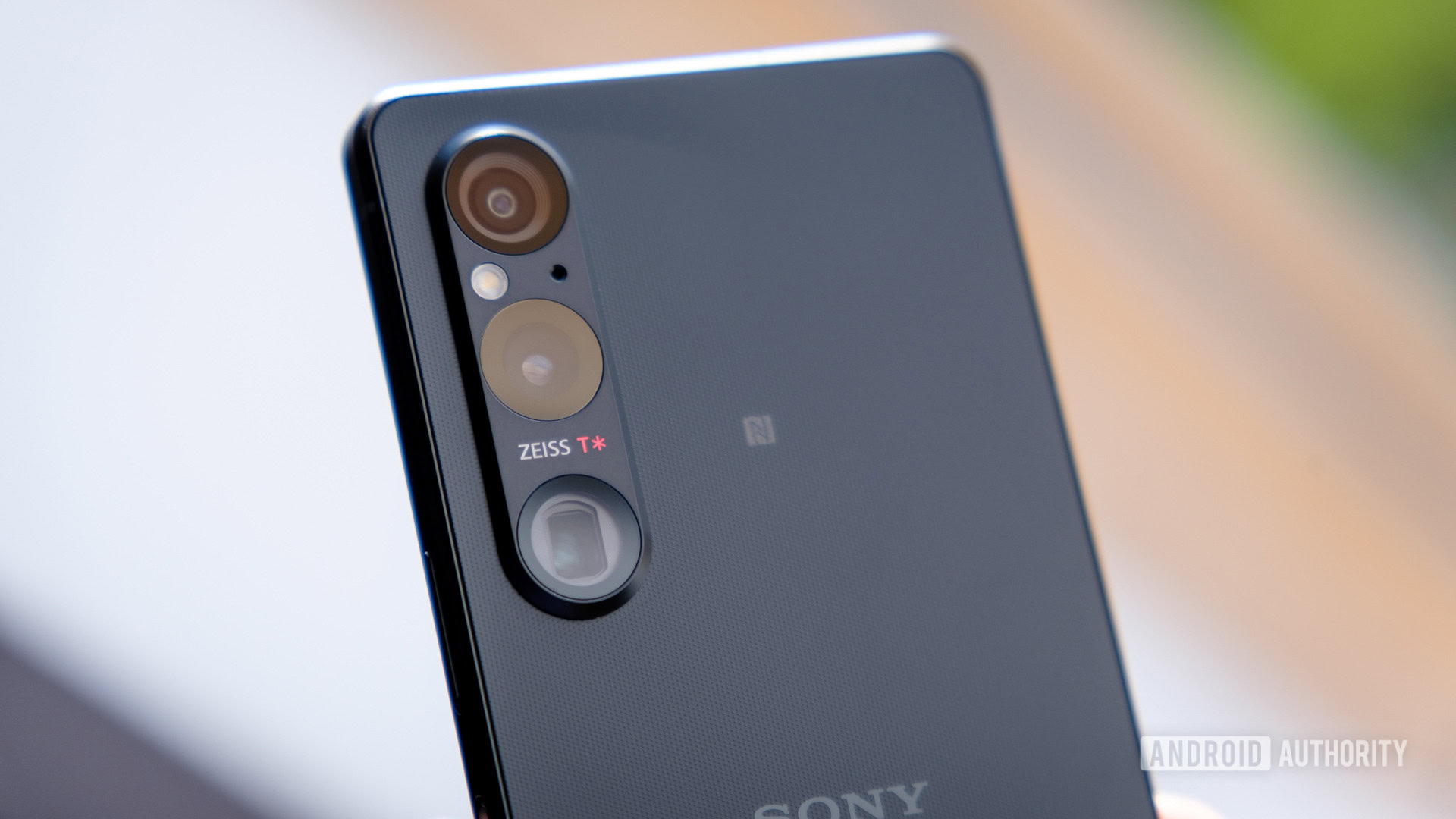
Pros
- Ultra high resolution display
- Variable telephoto camera for true optical zoom
- Long battery life
- Pro camera apps for enthusiasts
- 3.5mm port
- MicroSD card support
Cons
- Very expensive
- Slow charging
- Poor commitment to updates
OnePlus 10T: The best alternative for avid gamers
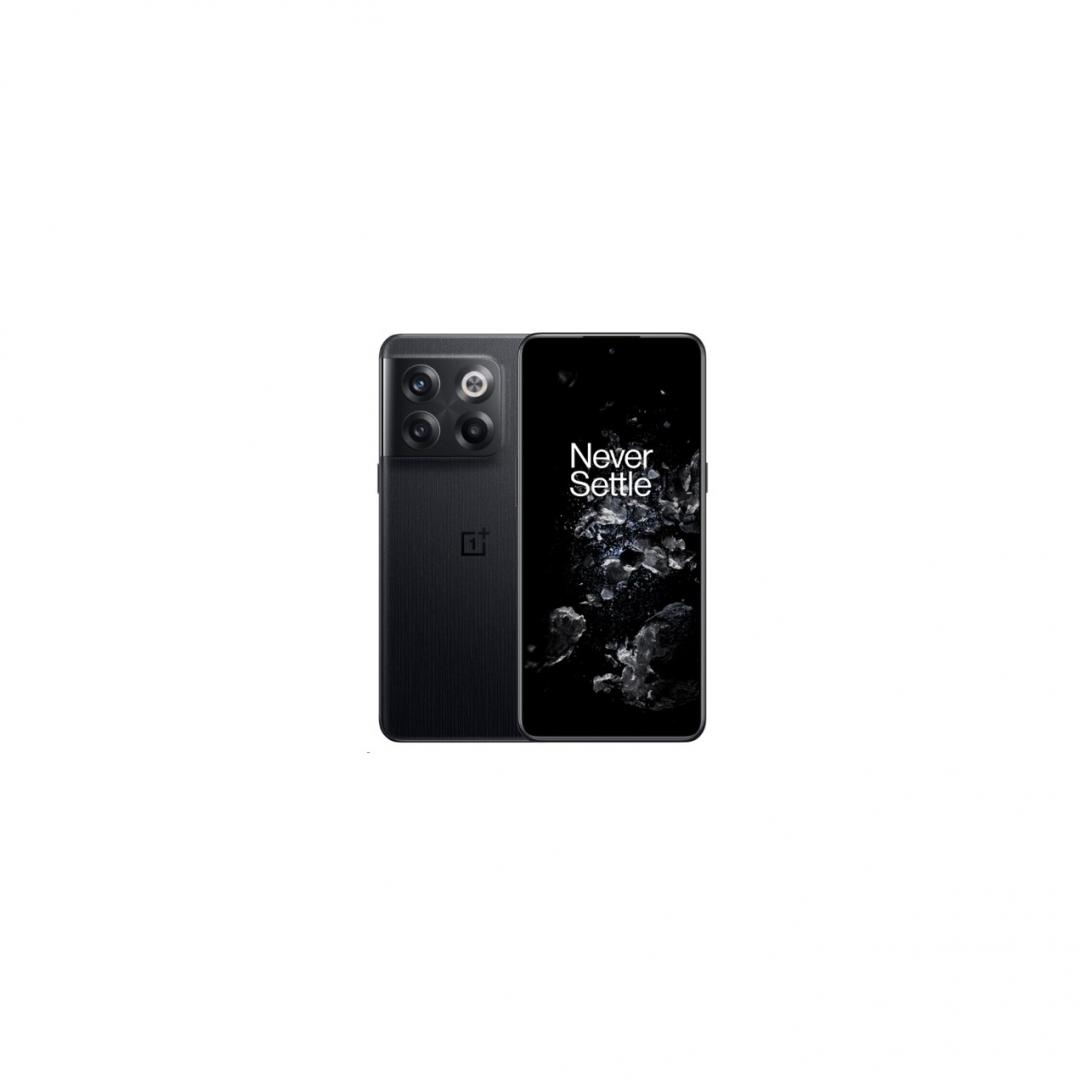
The OnePlus 10T makes quite a few compromises compared to the standard Pixel 7, such as water resistance, wireless charging, and a good ultrawide camera. It’s also no longer OnePlus’ latest flagship. So why did it make the list? Well, the OnePlus 10T brings a powerful Snapdragon 8 Plus Gen 1 processor that beats the Tensor G2, for starters.
The OnePlus phone also serves up blazing-fast 150W wired charging speeds, a 4,800mAh battery, and a great 120Hz OLED screen. Needless to say, this all makes for a great Pixel 7 alternative if you value mobile gaming.
In saying so, the OnePlus 10T is listed as $50 more expensive than the vanilla Google phone. But it’s still worth considering if you want a very powerful, fast-charging phone — especially if you can find it at a discounted price.
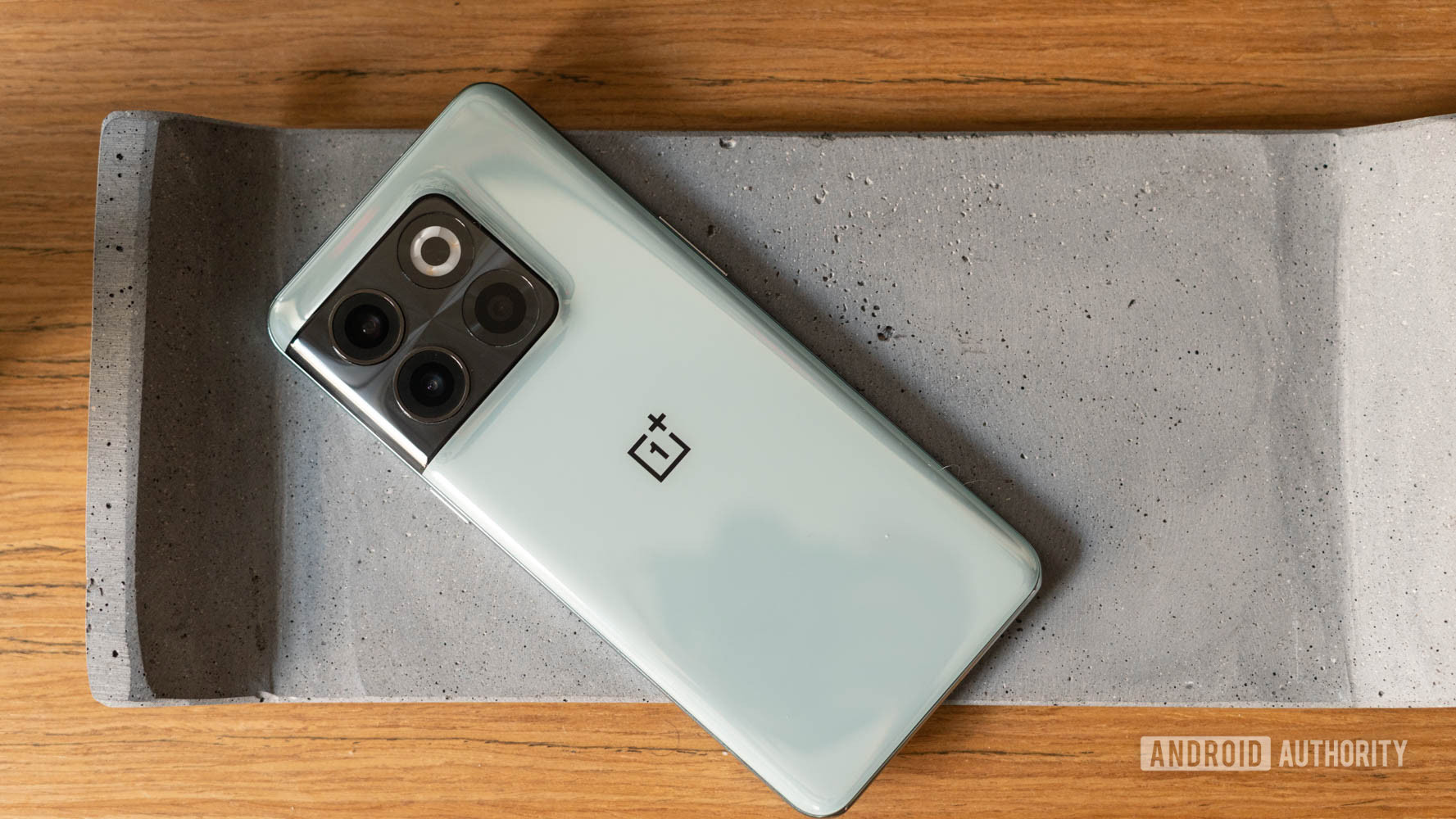
Pros
- Powerful processor
- Ultra-fast charging
- Great screen
- Good battery life
- Solid update commitment
Cons
- Disappointing cameras
- Only splash-resistant
- No wireless charging
- List price higher than Pixel 7
Honorable mentions
That’s it for our list of the best Google Pixel 7 alternatives but there are plenty of other options out there. Check out a couple of these picks below:
- Samsung Galaxy Z Flip 5 ($999.99 at Samsung): Wish Google had a smaller foldable? Well, the Galaxy Z Flip 5 is a solid consolation prize. The new pocket-friendly clamshell features a 6.7-inch 120Hz folding screen, and a 3.4-inch secondary display that can now run many apps. The relatively weak battery life and heating issues are two of the few downsides to this device.
- ASUS Zenfone 10 ($699.99 at Amazon): The Zenfone 10 is a decent alternative if you want a more compact flagship phone. It also brings a top-notch chipset, IP68 rating, a great 144Hz display, and gimbal stabilization tech. It’s pricier than the Pixel 7, though.
- OnePlus 11 ($1296 at Amazon): If you’re not a gamer, consider the newer OnePlus 11. It improves on almost every facet of the OnePlus 10T, from a more powerful camera setup to better chipset. However, we discovered that the phone throttles badly when put through our gaming tests.
